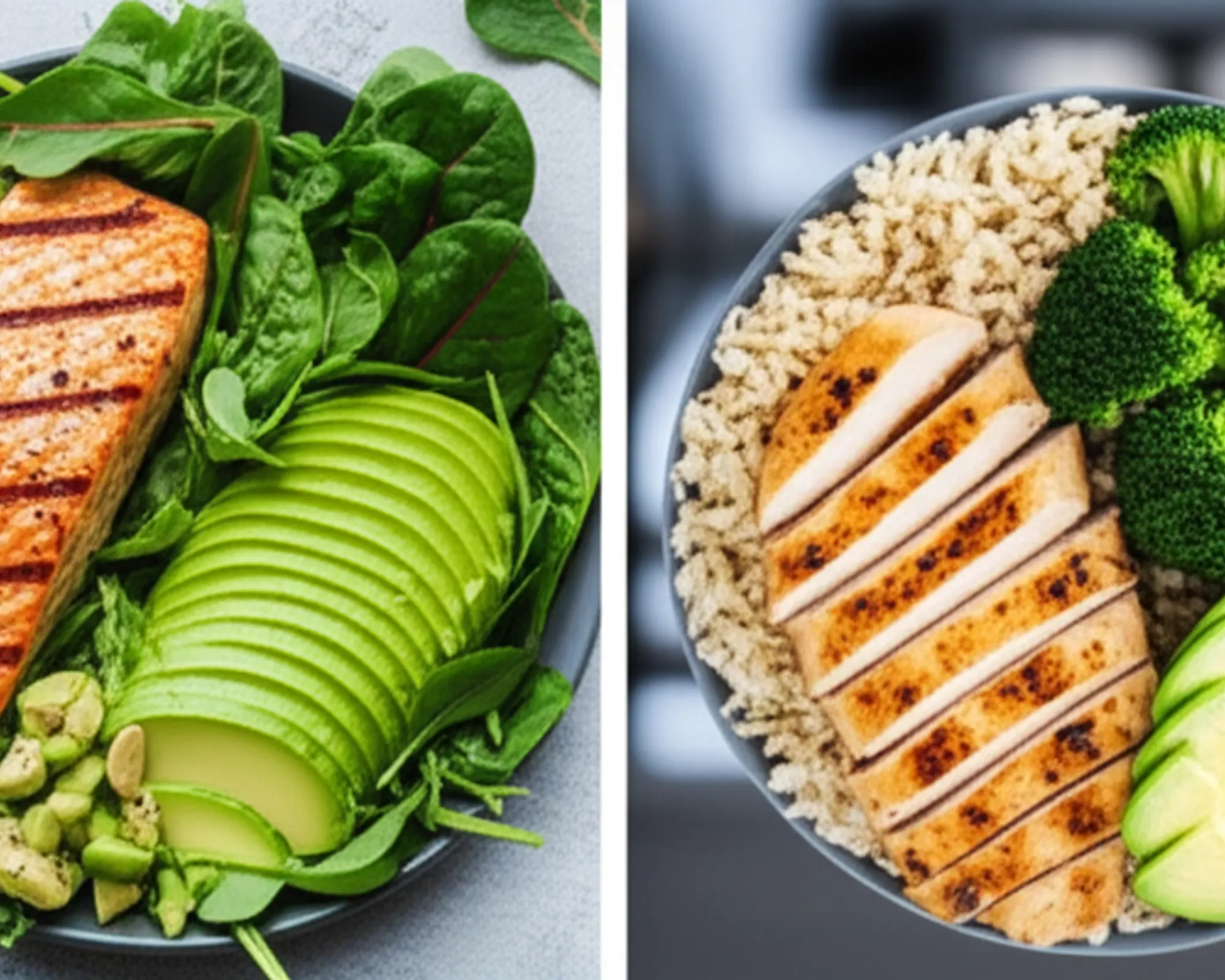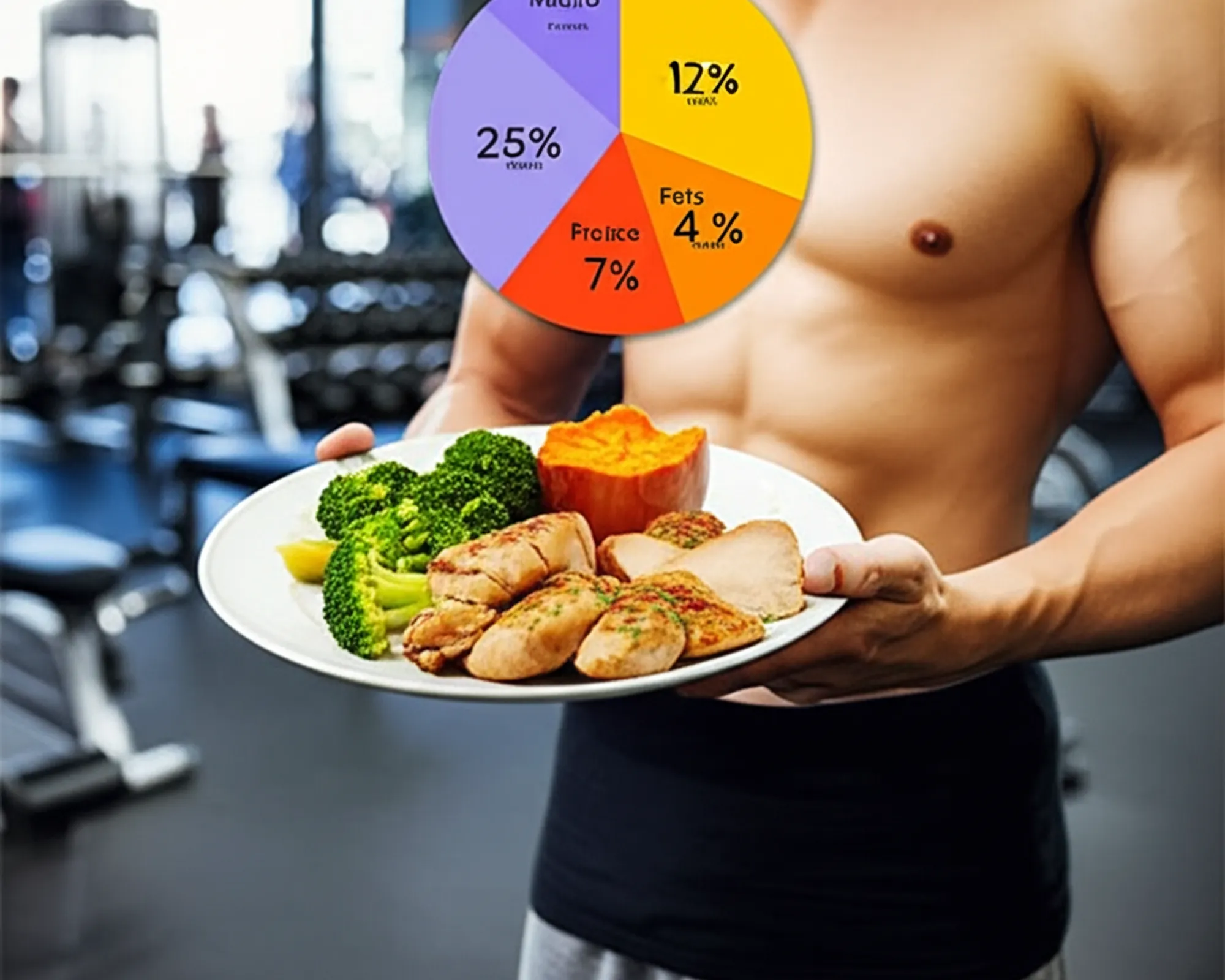Best Vitamins and Minerals for Gym Recovery

Hitting the gym is only half the battle when it comes to achieving your fitness goals. The real magic, where muscles grow stronger and endurance improves, happens during recovery. While proper rest, hydration, and a balanced diet are foundational, specific vitamins and minerals play critical, often overlooked, roles in optimizing your body's repair processes. Understanding these essential micronutrients can significantly enhance your recovery, reduce muscle soreness, and prepare you for your next intense workout.
Vitamin C: The Antioxidant Powerhouse and Collagen Builder
Often hailed for its immune-boosting properties, Vitamin C is indispensable for gym-goers. Intense exercise creates oxidative stress, a process that can damage cells and contribute to muscle soreness. As a potent antioxidant, Vitamin C helps neutralize free radicals, mitigating this damage. More importantly, Vitamin C is a crucial cofactor in the synthesis of collagen, the primary protein component of connective tissues like tendons, ligaments, and cartilage. This means adequate Vitamin C intake supports the repair and strengthening of these vital structures, preventing injuries and aiding in post-workout tissue regeneration.
Food Sources: Citrus fruits, bell peppers, strawberries, kiwi, broccoli, leafy greens.
Vitamin D: Beyond Bone Health, Crucial for Muscle Function
While widely recognized for its role in bone health by facilitating calcium absorption, Vitamin D (often called the "sunshine vitamin") is increasingly understood to be vital for muscle function and overall athletic performance. Research suggests that optimal Vitamin D levels are associated with increased muscle strength, reduced inflammation, and faster recovery times. It plays a role in protein synthesis and can help reduce the incidence and severity of delayed onset muscle soreness (DOMS). Athletes, especially those who train indoors or live in less sunny climates, are often deficient, making supplementation a common consideration.
Food Sources: Fatty fish (salmon, mackerel), fortified dairy products, egg yolks, sun exposure.
B Vitamins: The Energy Metabolism Champions
The entire family of B Vitamins (B1, B2, B3, B5, B6, B7, B9, B12) is fundamental to energy production. They act as coenzymes in numerous metabolic pathways, converting carbohydrates, fats, and proteins into usable energy (ATP). For athletes, this means efficient fuel utilization during workouts and effective energy replenishment during recovery. B vitamins also play roles in red blood cell formation (essential for oxygen transport to muscles) and nerve function. Deficiency can lead to fatigue, reduced performance, and impaired recovery.
Food Sources: Whole grains, lean meats, eggs, dairy, legumes, leafy green vegetables.
Vitamin E: The Cell Protector
Another powerful antioxidant, Vitamin E works to protect cell membranes from oxidative damage caused by intense physical activity. By scavenging free radicals, it helps reduce muscle damage and inflammation, which translates to quicker recovery and less post-exercise soreness. It's particularly beneficial for athletes engaged in endurance sports or high-intensity training where oxidative stress is elevated.
Food Sources: Nuts (almonds, peanuts), seeds (sunflower seeds), vegetable oils (wheat germ, sunflower), spinach, broccoli.
Magnesium: The Muscle Relaxer and Recovery Mineral
Often dubbed the "relaxation mineral," Magnesium is involved in over 300 biochemical reactions in the body, many of which are crucial for athletic recovery. It plays a key role in muscle contraction and relaxation, helping to prevent cramps and spasms. Magnesium is also vital for ATP production (energy synthesis), nerve function, blood glucose control, and protein synthesis. Furthermore, it contributes significantly to sleep quality, which is arguably the most critical component of recovery. Adequate magnesium levels can help improve sleep, reduce stress, and alleviate muscle fatigue.
Food Sources: Leafy green vegetables (spinach, kale), nuts (almonds, cashews), seeds (pumpkin, chia), legumes, whole grains, dark chocolate.
Zinc: The Repair and Immune Booster
Zinc is an essential mineral for cell growth and repair, making it indispensable for muscle tissue regeneration after workouts. It's also critical for maintaining a robust immune system, which can be temporarily suppressed after intense exercise, leaving athletes vulnerable to illness. Zinc plays a vital role in hormone production, including testosterone and growth hormone, both of which are crucial for muscle repair and growth. Its deficiency can impair recovery, reduce strength, and compromise immune function.
Food Sources: Red meat, poultry, shellfish (oysters are particularly rich), legumes, nuts, seeds, dairy.
Potassium: The Electrolyte Balancer
As one of the body's primary electrolytes, Potassium is crucial for maintaining fluid balance, nerve signals, and muscle contractions. During intense workouts, potassium can be lost through sweat, leading to imbalances that may result in muscle cramps, fatigue, and impaired performance. Replenishing potassium stores is vital for proper hydration and ensuring muscles function optimally during recovery and subsequent training sessions.
Food Sources: Bananas, potatoes (with skin), sweet potatoes, spinach, avocados, beans.
Calcium: Beyond Strong Bones
While renowned for its role in building and maintaining strong bones, Calcium is equally vital for proper muscle contraction and nerve transmission. During muscle activity, calcium ions are essential for the contractile proteins to interact. A deficiency can lead to muscle cramps and impaired nerve function. Ensuring adequate calcium intake supports overall musculoskeletal health, which is paramount for preventing injuries and supporting recovery in active individuals.
Food Sources: Dairy products (milk, yogurt, cheese), fortified plant milks, leafy green vegetables (collard greens, kale), sardines.
Iron: The Oxygen Carrier
Iron is a critical component of hemoglobin, the protein in red blood cells responsible for transporting oxygen from the lungs to the muscles and other tissues. It's also involved in energy metabolism. For athletes, especially endurance athletes or those with heavy training loads, adequate iron levels are paramount to prevent fatigue and maintain optimal oxygen delivery to working muscles. Iron deficiency can severely impact performance and extend recovery times due to reduced oxygen-carrying capacity.
Food Sources: Red meat, poultry, fish, beans, lentils, spinach, fortified cereals.
The Holistic Approach to Recovery
While focusing on individual vitamins and minerals is helpful, remember that they work synergistically within a complex system. The best approach to optimizing recovery involves a holistic strategy: a well-balanced diet rich in whole foods, sufficient hydration, adequate sleep, and targeted supplementation when necessary, guided by a healthcare professional or registered dietitian. By providing your body with the right micronutrients, you're not just recovering; you're building a stronger, more resilient foundation for future performance and overall well-being.


